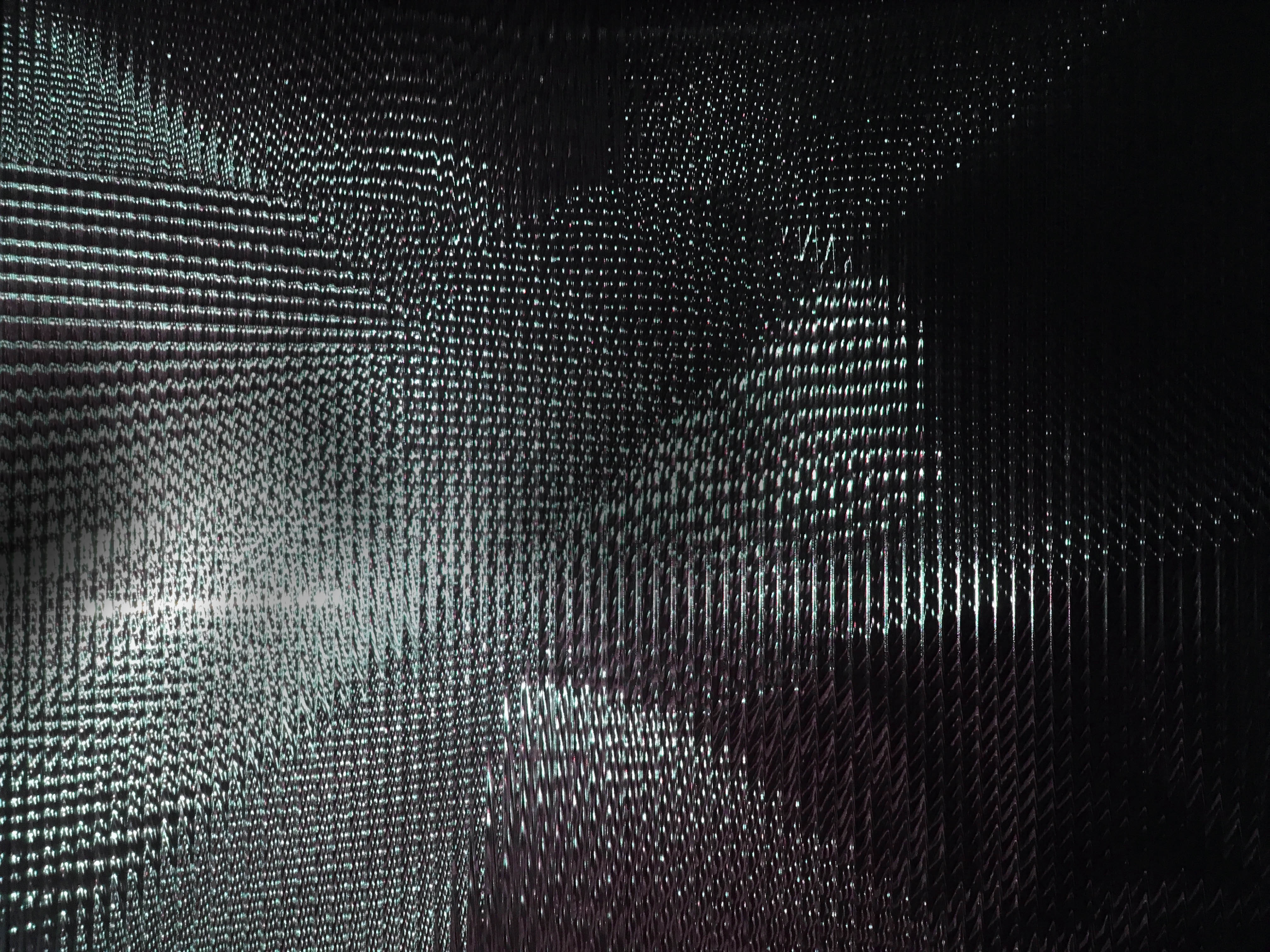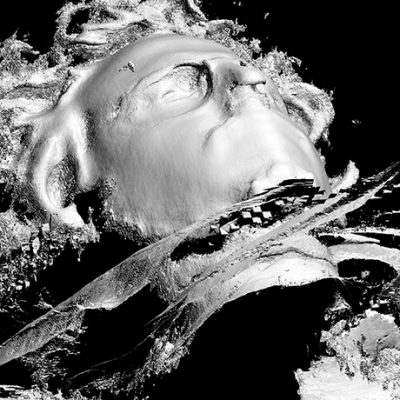[Federico Ruberto] I’m a writer, architect and educator working between philosophy and design. I hold a PhD [summa cum laude] in “Philosophy, Art and Critical Thought” from the European Graduate School, an inquiry on the concept of “contingency” in formal/natural languages; a research that connects metaphysical questions to the field of de-sign. My investigations, presented at symposiums, exhibitions and through publications, look at contemporaneity inquiring the potentials/problematics of the current computational paradigm, scrutinising the hyper, multi-scalar processes that exponentially virtualise the “self”, the “world(s), and language.
I’m a teacher designer, co-founder/partner of formAxioms (formaxioms.com), a Singapore based laboratory of speculative narratives that investigates alternative processes of urbanisation and that focuses on how virtual-augmented modes of presence are impacting the architectural discipline. I’m also a co-founder/partner of reMIX Studio (remixstudio.org), an architectural office based in Beijing with built projects published worldwide. With formAxioms I practice through research, I design, teach and craft textual and material projects. I recently curated an art exhibition titled “Negentropic Fields”, a project part of “Novel Ways of Being” located at the National Gallery Singapore. In 2019 I curated “Mapping the Invisible: Para-Consistency, Design and Fiction”, part of “City of Streams” a sub-venue of the “Eyes of the City”, Bi-City Biennale of Urbanism\Architecture Shenzhen. As a designer I won several prizes among which the First Prize and the Grand Prix of the International Competition at the XI Krakow Architecture Triennial (2009). As reMIX studio’s partner my architectural work has been included in several exhibitions, among which the 14th Venice Biennale – “Across Chinese Cities Pavillion”. My theoretical essays have been published among others by Routledge (UK), dpr-barcelona (Spain), Mimesi (Italy), Riverside Architectural Press (Canada), Monograph-List lab (Italy) and Tsinghua University Press (China). I presented my philosophical and architectural researches at international venues among which the 2019 Lisbon Architecture Triennale’s “Artificial Realities: Virtual as an Aesthetic Medium for Architectural Ideation”, the“Postcards from the Anthropocene” (Edinburgh 2107), R.E.D.S at La Sapienza (Rome 2013), and the “Future of Cities Forum” (Beijing 2016).
I’m currently teaching design studios at the National University of Singapore, DoA. From 2018 I directed studios working with computational tools and speculative narrative at SUTD (Singapore), where in 2019 I served as a lead researcher for the SUTD-MIT IDC founded grant “Territorial Strategies and Urban Prototypes in South-East Asia”. Previously I taught at the Landscape Urbanism program at Tsinghua University (Beijing), I was instructor at “Processes of Abstraction” at IFC Central Academy of Fine Arts and lecturer at the Laboratory for Computational Design (Beijing). I tutored at workshops in China (Beijing, Dalian, Zhengzhou and Changsha) and in India (Surat), at the Architectural Association Visiting School in Beijing (2012) and co-directed a unit at the AAVS in São Paulo (2013).






